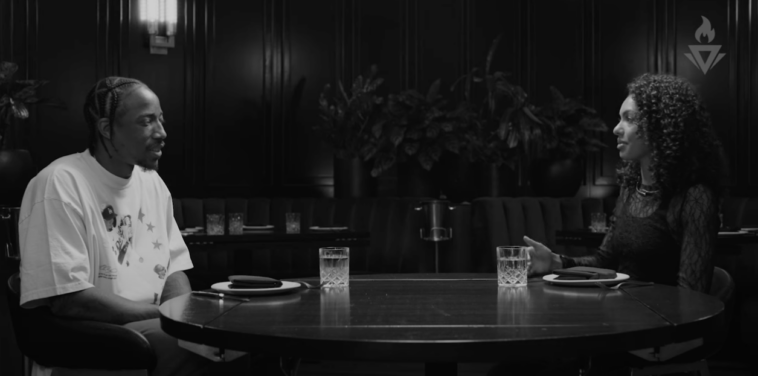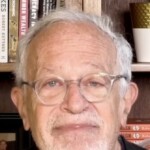Malika Andrews is taking back her narrative.
Throughout her meteoric rise in the sports media space, the ESPN analyst has, more than once, become the story.
Pundits have long painted Andrews as biased, accusing her of focusing too much on the indiscretions of Black athletes one day and overlooking their white counterpart’s offenses the next.
That the charges are unfounded is beside the point, Andrews told DeMar DeRozan during a recent appearance on “Dinners with DeMar,” his uncut YouTube talk show centered on mental health, noting how the negativity takes its toll.
“The hardest thing for me, sometimes, is stomaching the falsehoods, particularly this [idea that I] ‘hate Black men,’” Andrews said. “That couldn’t be further from the truth.”
She later added, “Using my family or the way that my family looks as some sort of evidence [to that effect] … it’s just untrue and it’s just unkind.”
When Andrews married Dave McMenamin, a white ESPN reporter in August, her detractors resurrected their chiding and purported racism.
The rebukes then were reminiscent of those thrown Andrews’ way in September 2023 when she sparred with fellow ESPN host Stephen A. Smith in the wake of Ime Udoka’s suspension from the Celtics after it was revealed he had intimate relations with a woman in the organization.
A year later, Andrews was thrust back into the spotlight when former Cowboys wide receiver Dez Bryant chastised her on social media for choosing to discuss a shooting involving former Alabama star Brandon Miller while not calling enough attention to Josh Giddey, who was accused of being involved with a minor.
Andrews, who grew up in a predominantly white Oakland suburb with a Black father and a Jewish mother, told DeRozan that as a reporter, doing her job to the best of her abilities requires leaning into that personal history, not shying away from it.
“I try very hard to make it so that the things that I’ve experienced — I try to keep [them] in mind when I’m talking about players,” she said. “I try to have that empathy … I have a job to do [but] I’m not here to play ‘gotcha.’
Speaking with DeRozan, she explained that, as a reporter, doing her job to the best of her abilities requires leaning into that personal history, not shying away from it.
“I try very hard to make it so that the things that I’ve experienced — I try to keep [them] in mind when I’m talking about players,” she said. “I try to have that empathy … I have a job to do [but] I’m not here to play ‘gotcha.’
“That doesn’t mean that I’ve covered every story perfectly, it doesn’t mean that I don’t make mistakes. But, I think I’m pretty good at saying to you guys, ‘I could have been better there.’
“I hope we can keep … that kindness and that humanity that, I worry, sometimes, we’re losing.”







